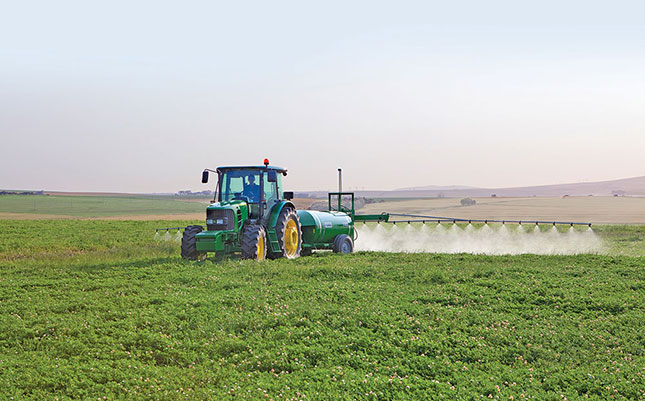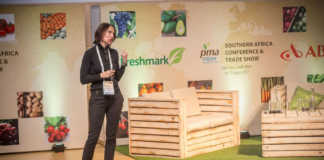
It will also increase the likelihood of pests developing resistance against the smaller pool of available chemicals, according to Dr Schalk Schoeman, research and extension manager at Macadamias South Africa (SAMAC).
The Globally Harmonized System of Classification and Labelling of Chemicals, which would be implemented in South Africa next year, would prohibit active ingredients and formulations according to carcinogenicity, mutagenicity and reproductive toxicity.
This included active ingredients such as benomyl, carbendazim, dimethomorph and triadimenol.
Schoeman said the main issue with the list, which was still being finalised, was that 14 co-formulants (added to the pesticide and not part of the active ingredients) would also be discontinued.
“We currently don’t know how this will affect the list of available pesticides for the macadamia industry,” he said.
He noted, however, that SAMAC had been conducting research on alternatives for a number of years, as consumers were increasingly demanding commodities produced using environmentally friendly practices.
“Macadamia farmers themselves are very keen to learn new methods of pest control, and many have moved seamlessly from a fully chemical programme a few years ago to a sophisticated integrated management philosophy in a very short time.”
Stink bugs remained a key pest that had shown resilience to a number of pest-control methods, and concern was mounting over the pest’s widespread resistance to controls.
Liza Bohlmann, media liaison officer at Bayer Crop Science South and East Africa, noted that while Bayer welcomed the transition towards a more sustainable food system, pesticide-reduction targets were not the right instruments to reach a more sustainable agricultural system.
“We believe the focus should be on reducing impact, not input,” she said.
Bohlmann added that farmers needed a comprehensive toolbox with a number of solutions to build resilient, integrated farming systems. Excluding tools that could contribute towards this objective put farm production and productivity at risk.
“Maintaining and rotating the limited pool of agrochemicals with different and new modes of action is important so we don’t endanger the sustainability of agricultural productivity and continue to offer solutions for managing resistance to chemical pesticides.
“Expert judgement suggests that for interactions between a plant protection product and a target pest considered medium risk, at least three modes of action are needed,” she said.











